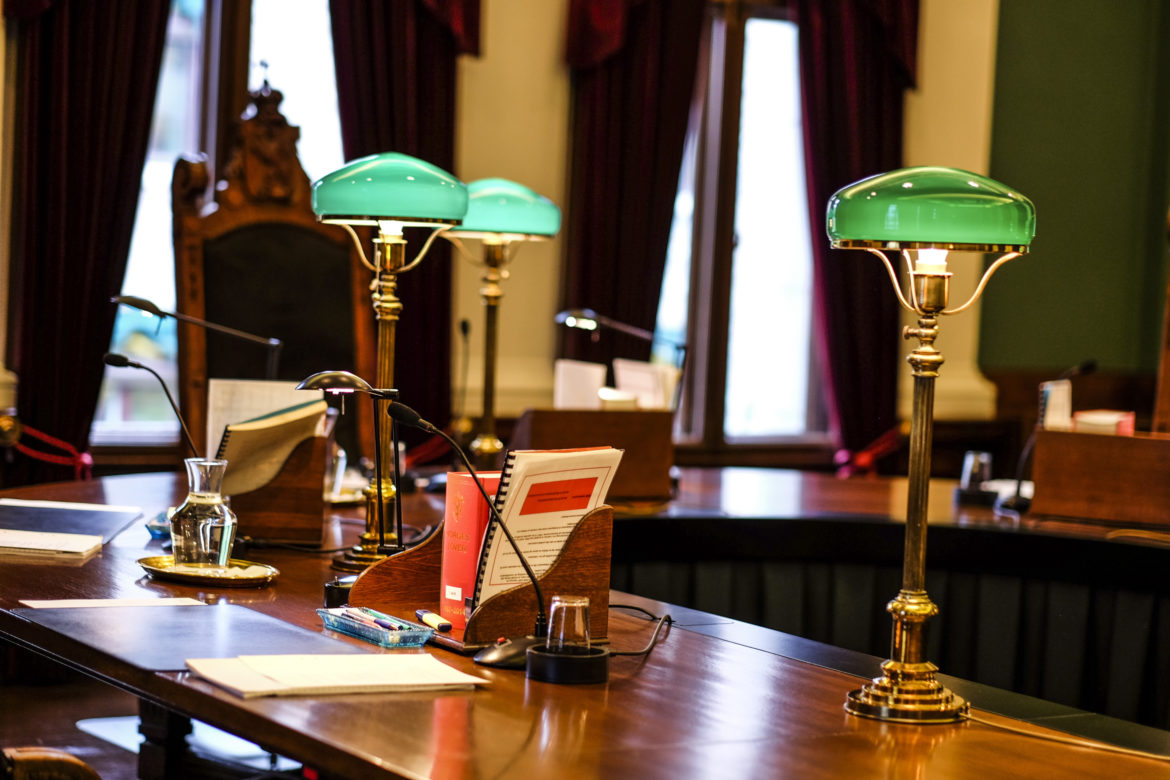Dispute Resolution | Important guidance on disclosure of evidence
 Høyesterett i Oslo. Foto Stein J. Bjørge
Høyesterett i Oslo. Foto Stein J. Bjørge
The Supreme Court has previously ruled on another question of disclosure of evidence between the parties to the dispute, which we have written about in the newsletter here.
The relevant background of the case
The case concerns a dispute between the producer and owner of a cargo of fertilizer and the owners of the vessel MV Cheshire. On board the vessel, the fertilizer cargo suffered decomposition which led to rising temperatures in the cargo holds and the generation of toxic gases causing the eventual total loss of both the cargo and the vessel. The cargo owner has sued the shipowner for damages for loss of the cargo. The shipowner and their insurers have counter-sued for the loss of the vessel.
The shipowner and their insurers requested the delivery of a large sample (two tons) of the relevant type of fertilizer from the cargo owner’s production facilities. The sample was requested to be delivered to an expert appointed by the shipowner for testing.
The cargo owner resisted giving access to the sample directly to the shipowner and argued that pursuant to the Norwegian Dispute Act chapter 26 it was only obliged to provide the sample to the court, not to the other party directly. By providing the sample directly to the shipowner’s expert, the cargo owner argued that it would not be able to be present during testing to observe the method applied and results rendered. Only by providing the sample to the court or a court appointed expert would proper and equal contradiction be ensured, the cargo owner further argued. It was not disputed that the fertilizer could constitute evidence.
The decision of the Supreme Court
The Supreme Court emphasized the importance of the case being properly and completely clarified, according to the fundamental principle of fair trial, including equality of arms and equal opportunities for the parties to assess evidence. The Supreme Court considered that the obligation “to make available” evidence pursuant to the Dispute Act section 26-5(1) extends to making evidence available directly to the other party, if the court so orders, as long as the evidence is not otherwise subject to prohibition or exemption. The Supreme Court based this view on the wide discretion provided to the courts under section 26-7(3) on how evidence is to be made available, whereby “the court shall determine in more detail and to the extent necessary how the evidence shall be made available, how it shall be stored and other issues of relevance to the presentation of such evidence”. Accordingly, the court could order the cargo owner to make the samples available directly to the shipowner.
The Supreme Court further held that the court, within the discretion provided by section 26-7(3), may set conditions for how evidence is to be made available and relating to other issues of relevance. Such conditions may be necessary to ensure proper contradiction and a party’s ability to safeguard its interest. In the case at hand, the Supreme Court considered that it would be within the discretion of the court to set conditions as to the cargo owner’s right to observe the testing of the samples. To ensure equality of arms, however, such a right to observe would be limited to passive observation only and would not allow the cargo owner to set any conditions for testing or otherwise represent a hinderance to the testing.
Our remarks
The ruling provides important guidance of particular relevance to cases whereby objects, as evidence, are to be tested or analysed. Given the vast variety of objects that may be subject to testing (in terms of complexity and characteristics) the reasoning of the Supreme Court is a welcomed confirmation of the flexibility the courts possess when considering how evidence is to be made available, whilst still ensuring the parties ability to safeguard their interest and ensure proper contradiction.
